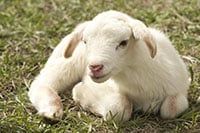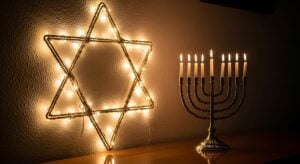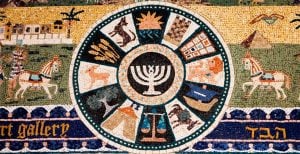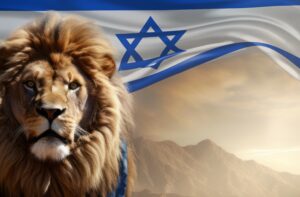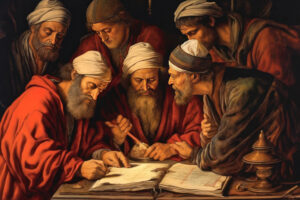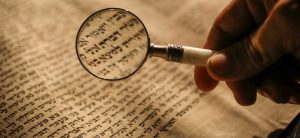Name: Emor
Reading: Leviticus 21:1 – 24:23
Haftarah: Ezekiel 44:15 – 44:31
Parsha Summary – Emor
Special Laws for Priests
God tells Moses to speak to the priests regarding special laws for them. They are not to be near dead bodies except for immediate family: mother, father, son, daughter, brother, and sister. Priests must not swear, must not shave their heads or beards, or marry prostitutes or divorcees or any woman who is not a virgin. People with disabilities or deformities may not make their own sacrifices, but they may eat from them. Priests can only eat from sacrifices if they are in a state of purity. Unblemished animals cannot be given as sacrifices.
Festivals and Offerings
On six days work shall be done, and on the seventh day you shall rest as it is My Sabbath.
The fourteenth day of the first month is Passover: you will eat unleavened bread, you will not work, and you will bring an offering.
When you reap your harvest in your new land, you will bring the first of your harvests to the priest as an offering, with a lamb, flour, oil, and wine. Other sacrifices are listed, using animals, bread, and other ingredients. When you collect your harvest, you will leave the gleanings for the poor and for strangers.
The first day of the seventh month is holy, and you will proclaim it with the blast of a horns. You will not work, and you will bring offerings in fire to God.
On the tenth day of the seventh month you will afflict your souls and make atonement before God. You will not work, like on the Sabbath.
The fifteenth day of the seventh month is the Feast of Tabernacles. You will not work: for seven days you will bring offerings to God, and take the fruit of a beautiful tree, palm branches, myrtle branches, and willow branches, and rejoice with them before God. You will dwell in booths for seven days, as a reminder of how you lived when God redeemed you from Egypt.
Ner Tamid
God tells Moses to command the Israelites to use pure olive oil to light an eternal lamp in the sanctuary, that can never go out.
More Commands
- One who blasphemes against God will be stoned to death.
- One that kills another man will be put to death.
- One who kills an animal must pay for it, life for life.
- One who hurts their neighbour will be hurt in return: break for break, eye for eye, tooth for tooth.
